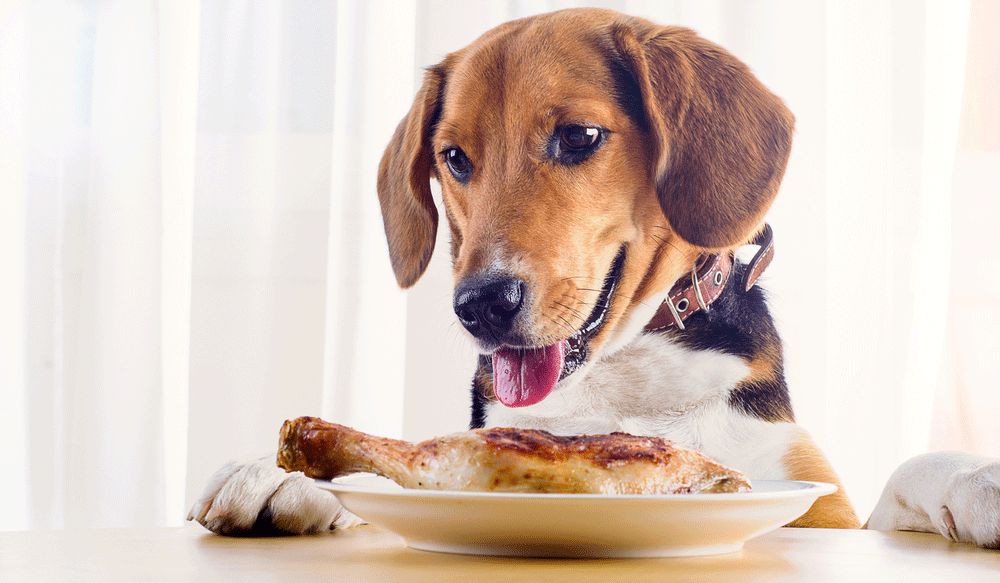When it comes to feeding our furry friends, many dog owners wonder, "Is turkey good for dogs?" This question is essential as it touches on the health and well-being of our pets. Turkey is often seen as a healthy alternative to other meats, but there are several factors to consider before adding it to your dog's diet. In this article, we will explore the nutritional benefits of turkey, potential risks, and how to safely prepare it for your canine companion.
Turkey is a lean meat that is rich in protein, making it a popular choice among pet owners. However, not all parts of the turkey are suitable for dogs, and certain preparations can lead to health issues. It is vital to understand the best practices for incorporating turkey into your dog's meals and the signs to watch for if they experience any adverse reactions.
In this comprehensive guide, we will delve into the various aspects of feeding turkey to dogs, including its nutritional profile, preparation methods, and potential health risks. By the end of this article, you will be equipped with the knowledge needed to make informed decisions about your dog's diet.
Table of Contents
- Nutritional Benefits of Turkey for Dogs
- Safe Preparation Methods for Dogs
- Potential Risks of Feeding Turkey to Dogs
- How to Introduce Turkey into Your Dog's Diet
- Biography of Turkey as a Dog Food Ingredient
- Conclusion
- Sources
Nutritional Benefits of Turkey for Dogs
Turkey is an excellent source of several essential nutrients that can benefit your dog's health. Here are some of the main nutritional benefits:
- High in Protein: Turkey contains a high amount of protein, which is crucial for your dog's muscle development and overall health.
- Low in Fat: Compared to other meats, turkey is lower in fat, making it a healthier option for dogs, especially those that need to maintain a healthy weight.
- Rich in Vitamins: Turkey is a good source of B vitamins, including niacin and vitamin B6, which help with energy metabolism and overall health.
- Contains Minerals: Turkey provides essential minerals such as phosphorus and selenium, which are vital for bone health and immune function.
Safe Preparation Methods for Dogs
When preparing turkey for your dog, it is essential to follow safe cooking methods to avoid any health risks. Here are some tips:
- Cook Thoroughly: Always cook turkey thoroughly to eliminate any harmful bacteria. The internal temperature should reach 165°F (75°C).
- Avoid Seasonings: Do not use salt, garlic, onions, or other seasonings that can be harmful to dogs.
- Remove Bones: Never feed your dog turkey bones, as they can splinter and cause choking or internal injuries.
- Limit Portions: Serve turkey in moderation to avoid overfeeding, which can lead to weight gain.
Potential Risks of Feeding Turkey to Dogs
While turkey can be a healthy addition to your dog's diet, there are potential risks to be aware of:
- Allergic Reactions: Some dogs may have allergies to turkey. Symptoms can include itching, gastrointestinal upset, or respiratory issues.
- High Fat Content in Skin: Turkey skin is high in fat and can lead to pancreatitis in dogs. Always remove the skin before feeding.
- Digestive Issues: Introducing turkey too quickly into your dog's diet can lead to digestive upset. It's best to start with small amounts.
How to Introduce Turkey into Your Dog's Diet
Introducing turkey into your dog's diet should be done gradually. Here’s how:
- Start with small pieces of cooked turkey and monitor your dog for any adverse reactions.
- Gradually increase the portion size if there are no negative effects.
- Consider mixing turkey with your dog's regular food to make the transition smoother.
Biography of Turkey as a Dog Food Ingredient
Turkey has been a staple protein source for humans for centuries and has found its way into many pet foods. Its popularity stems from its lean nature and nutritional benefits. Many commercial dog foods now include turkey as a primary protein source, catering to the growing demand for healthy pet diets.
| Data | Description |
|---|---|
| Common Uses | Dog food, treats, and homemade meals |
| Benefits | High in protein, low in fat, rich in vitamins and minerals |
| Risks | Allergic reactions, digestive issues, high fat content in skin |
Conclusion
In summary, turkey can be a healthy and nutritious option for dogs when prepared and served appropriately. It offers numerous health benefits, including high protein content and essential vitamins and minerals. However, it is crucial to be aware of the potential risks and to introduce turkey into your dog's diet gradually. Always consult with your veterinarian before making significant changes to your pet's diet.
If you found this article helpful, please leave a comment below and share it with fellow dog owners. For more informative articles about dog nutrition, be sure to explore our website!
Sources
1. American Kennel Club - "Can Dogs Eat Turkey?"
2. PetMD - "Turkey for Dogs: Is it Safe?"
3. The Veterinary Medical Association - "Nutritional Needs of Dogs."


